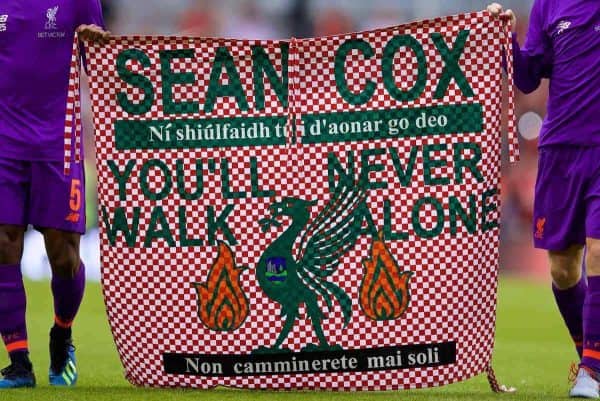The announcement by Liverpool Football Club last weekend of controversial plans to furlough some non-playing staff under the UK Government’s coronavirus jobs rescue scheme received instant backlash. Within 48 hours the club had done a complete U-turn, with chief executive Peter Moore taking to social media and the airwaves to admit having come to the “wrong conclusion” around furloughing and thanking the “productive engagement” on the matter with fans, supporter clubs, politicians and even the mayor of Liverpool. For a sporting organisation that connects more with its inherently working-class city and fanbase than other English premiership clubs, it was an…
Cancel at any time. Are you already a member? Log in here.
Want to read the full story?
Unlock this article – and everything else on The Currency – with an annual membership and receive a free Samsonite Upscape suitcase, retailing at €235, delivered to your door.

